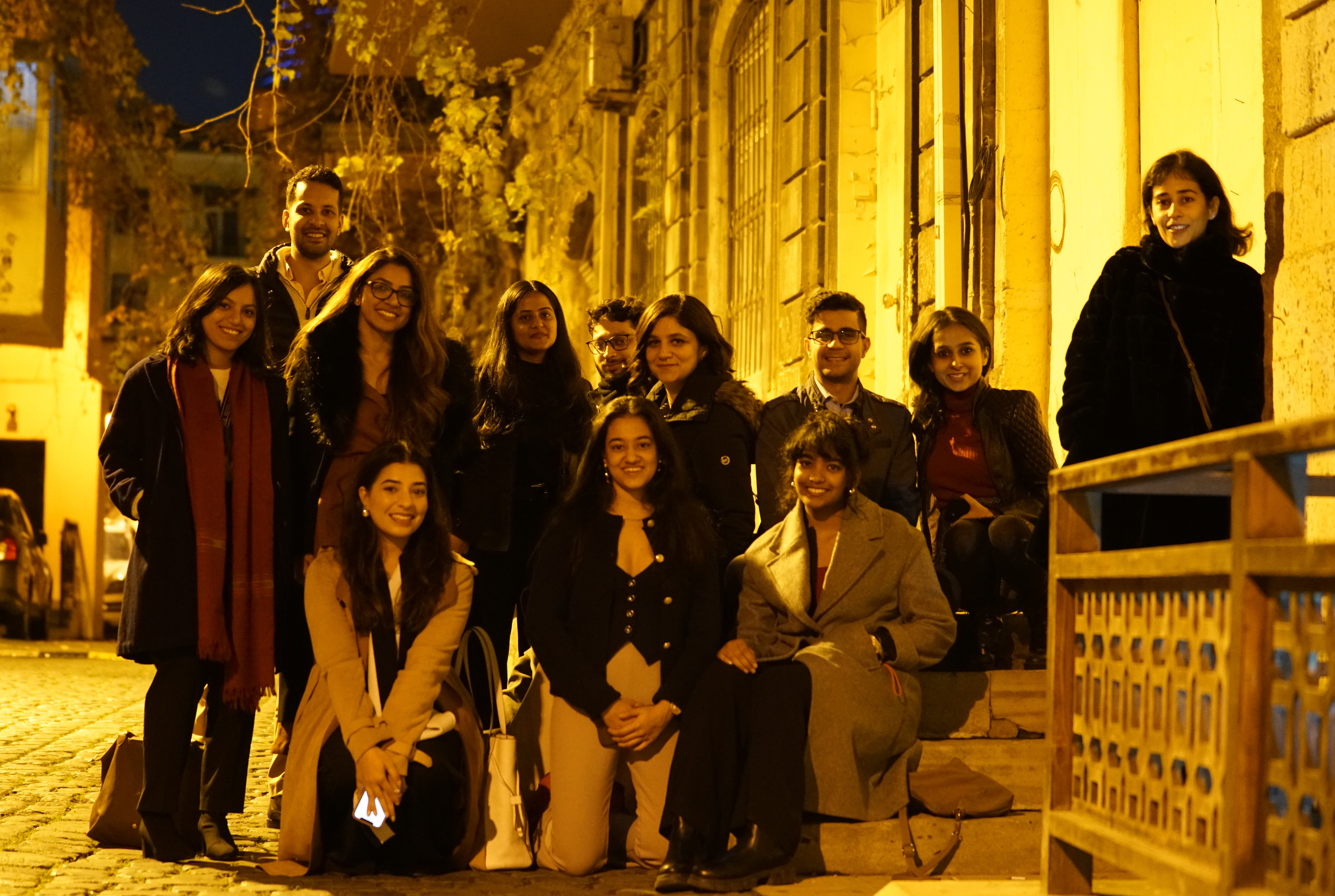Other Efforts Resources
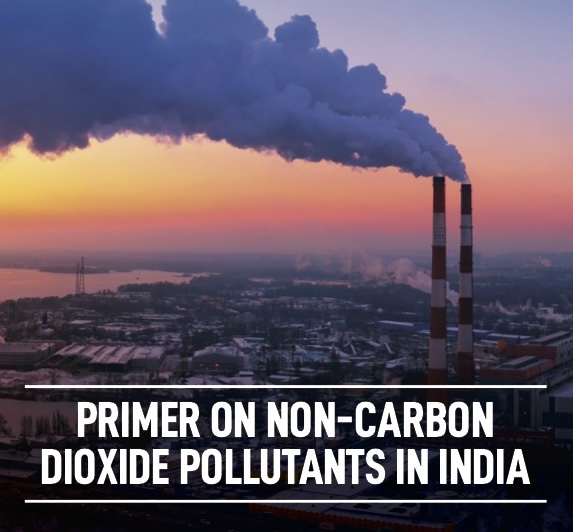
India’s efforts to address climate change have often centered on carbon dioxide (CO2), but with growing evidence of the substantial impact of short-lived climate pollutants (SLCPs), this focus is sharpening. SLCPs, including black carbon, methane, tropospheric ozone, hydrofluorocarbons (HFCs), and nitrous oxide (N2O), are potent contributors to climate change, accelerating global warming with far-reaching implications […]
Super pollutants Other efforts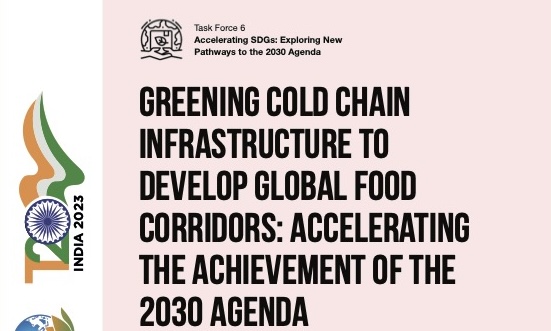
Each year, one-third of the total food for human consumption is either lost or wasted even as millions worldwide experience food insecurity. Similarly, over 25 percent of vaccines are wasted each year while millions die from vaccine-preventable illnesses Sustainable cold chain infrastructure can significantly reduce post-harvest food loss and vaccine wastage and deliver social and […]
Super pollutants Other efforts
Multilateral approaches to nitrogen pollution are generating synergies between climate change and food security and presenting opportunities to reduce nitrous oxide (N2O) globally. N2O is the most abundant ozone-depleting substance not yet regulated by the Montreal Protocol and a powerful greenhouse gas. Failure to reduce emissions will delay ozone layer recovery and worsen the climate […]
Super pollutants Other efforts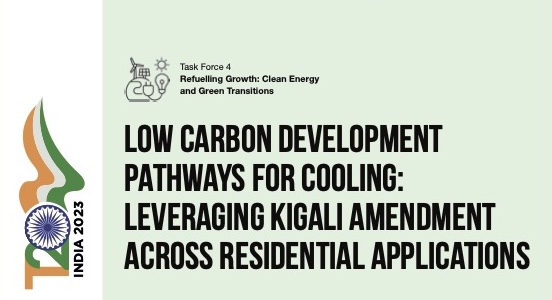
Heating and cooling demand for space conditioning and refrigeration accounts for around a fifth of global final energy consumption. Climate change, urbanization, and economic development have tripled electricity demand for cooling alone since the 1990s, with the majority coming from the use of inefficient cooling equipment, which burdens electricity grids, especially during peak hours. It […]
Super pollutants Other efforts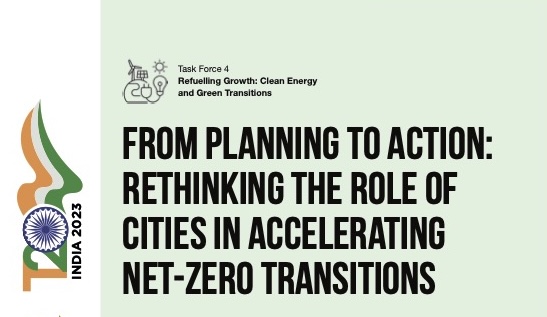
Cities are responsible for over 70 percent of global greenhouse gas emissions and 75 percent of primary energy consumption. By 2050, over two-thirds of the world population will live in cities, resulting in even greater infrastructure needs and increased carbon emissions. Yet, cities largely remain on the sidelines in the design of national and international […]
Super pollutants Other efforts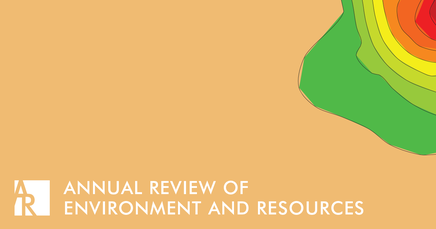
Despite three decades of political efforts and a wealth of research on the causes and catastrophic impacts of climate change, global carbon dioxide emissions have continued to rise and are 60% higher today than they were in 1990. Exploring this rise through nine thematic lenses—covering issues of climate governance, the fossil fuel industry, geopolitics, economics, […]
Other efforts
In order to improve energy efficiency and reduce green house gas emissions, the aluminum smelting industry has been continuously working on reducing both anode effect frequency (AEF) and duration (AED). However, there is still a long way to go to achieve zero anode effect (AE) on very high amperage, low specific power consumption cells due […]
Other efforts
